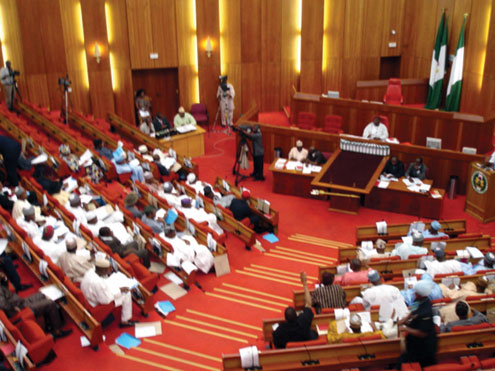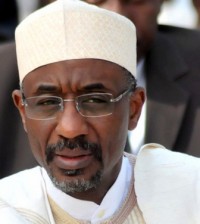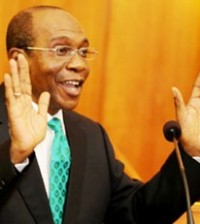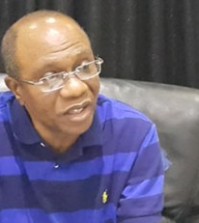Election: Dollar Demand Climbs by 43% over Violence
Demand for the US dollar at the Central Bank of Nigeria (CBN) regulated Wholesale Dutch Auction System (WDAS) climbed by 43 per cent compared with the total amount offered by the regulator Monday. This was as a result of the anxiety over violent protests in the north that followed the victory of President Goodluck Jonathan at Saturday’s Presidential election.
THISDAY checks showed that the regulator was unable to meet $130 million out of a total of $430 million demanded by dealers Monday.
In all, whereas the regulator offered a total of $300 million at the first session of the bi-weekly auction, the 22 banks that participated in the auction put up a total demand of $430 million.
CBN Governor, Mallam Sanusi Lamido Sanusi, had partly attributed the jump in demand for the greenback last month to panic by investors that electoral violence between religious and ethnic groups may disrupt elections. Sanusi had maintained that the regulator will pursue a stable exchange rate policy.
“With an African country like Nigeria going into elections, where people are talking about ethnicity and religion, you get people trying to get out, to buy dollars and hedge their risks. That puts pressure on the exchange rate and foreign currency reserves,” the CBN Governor had said.
Riot erupted across the north Monday resulting in the killing of many people by youths who torched churches and homes to express their anger at President Jonathan’s election victory.
Consequently, the Naira, Nigeria’s local currency slumped by 47 kobo against the dollar at the WDAS to close at N153.18 to a dollar, as against the N152.71 to a dollar it stood as at last Wednesday’s auction.
The CBN had offered a total of $300 million as against a total demand of $443.816 million that was demanded by dealers.
But currency dealers forecast that the naira may appreciate in the long run following the emergence of Jonathan. They argued that his victory would create an atmosphere for continuity in government’s economic reform programme.
Source : Thisday








